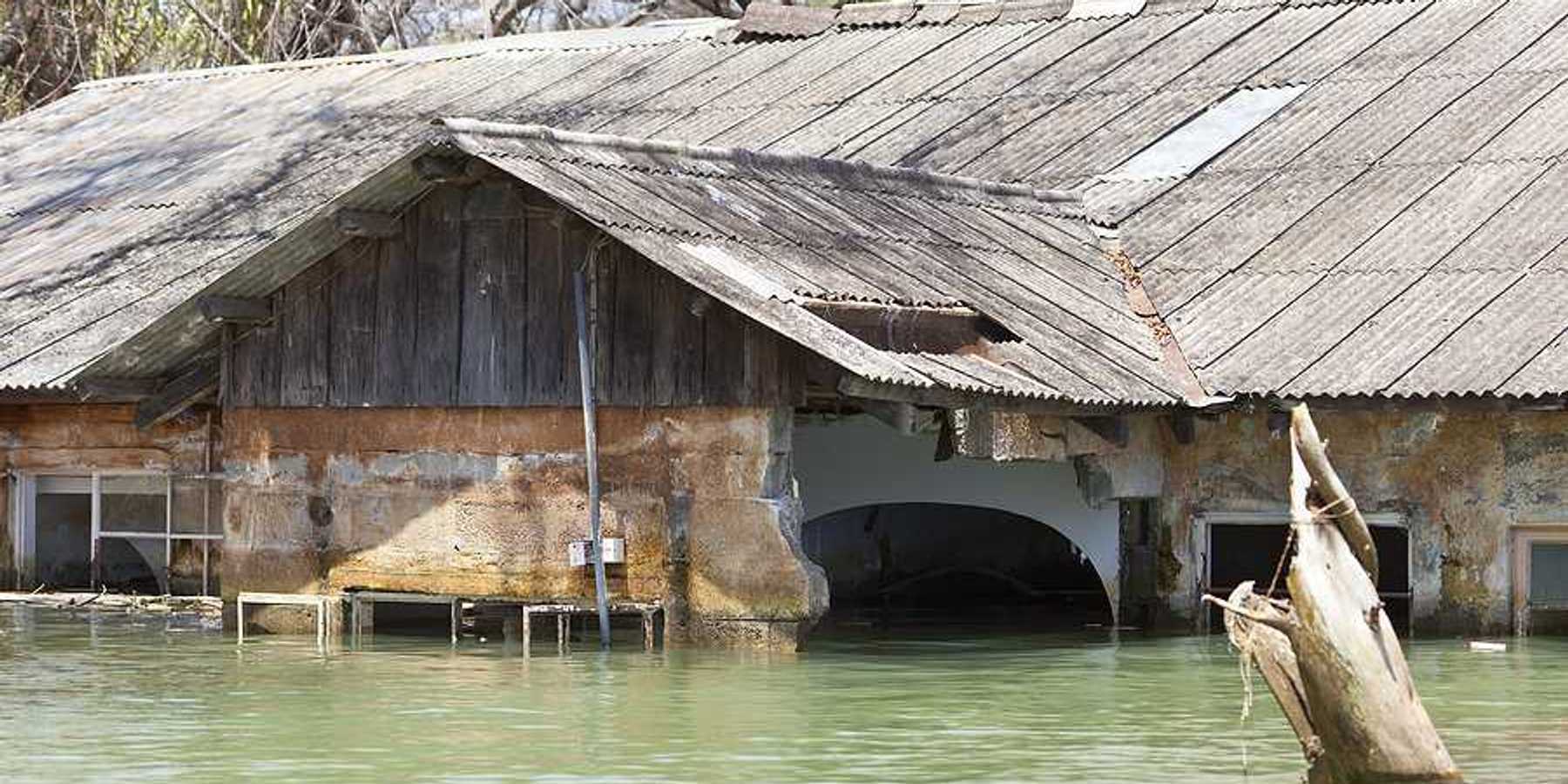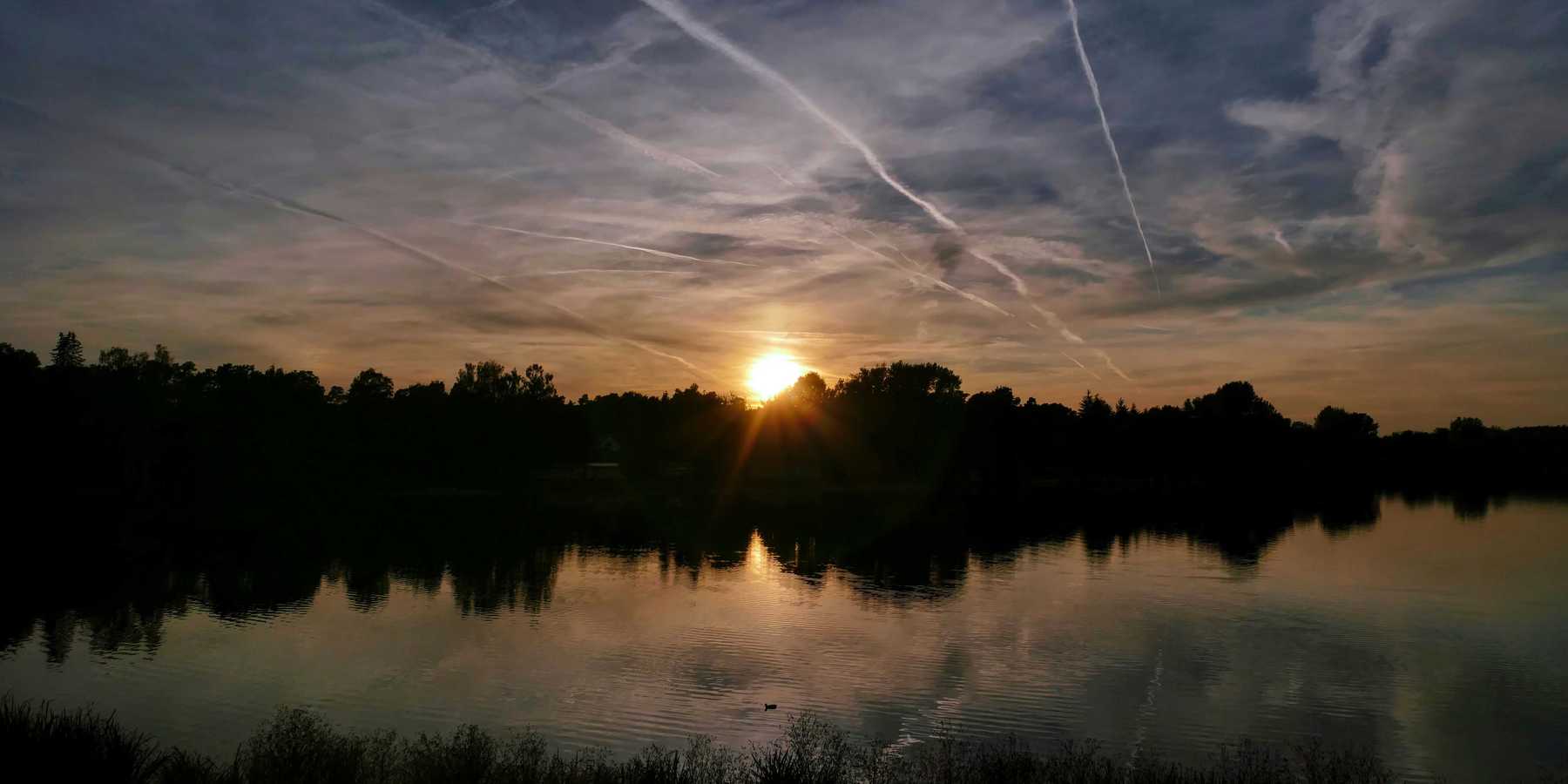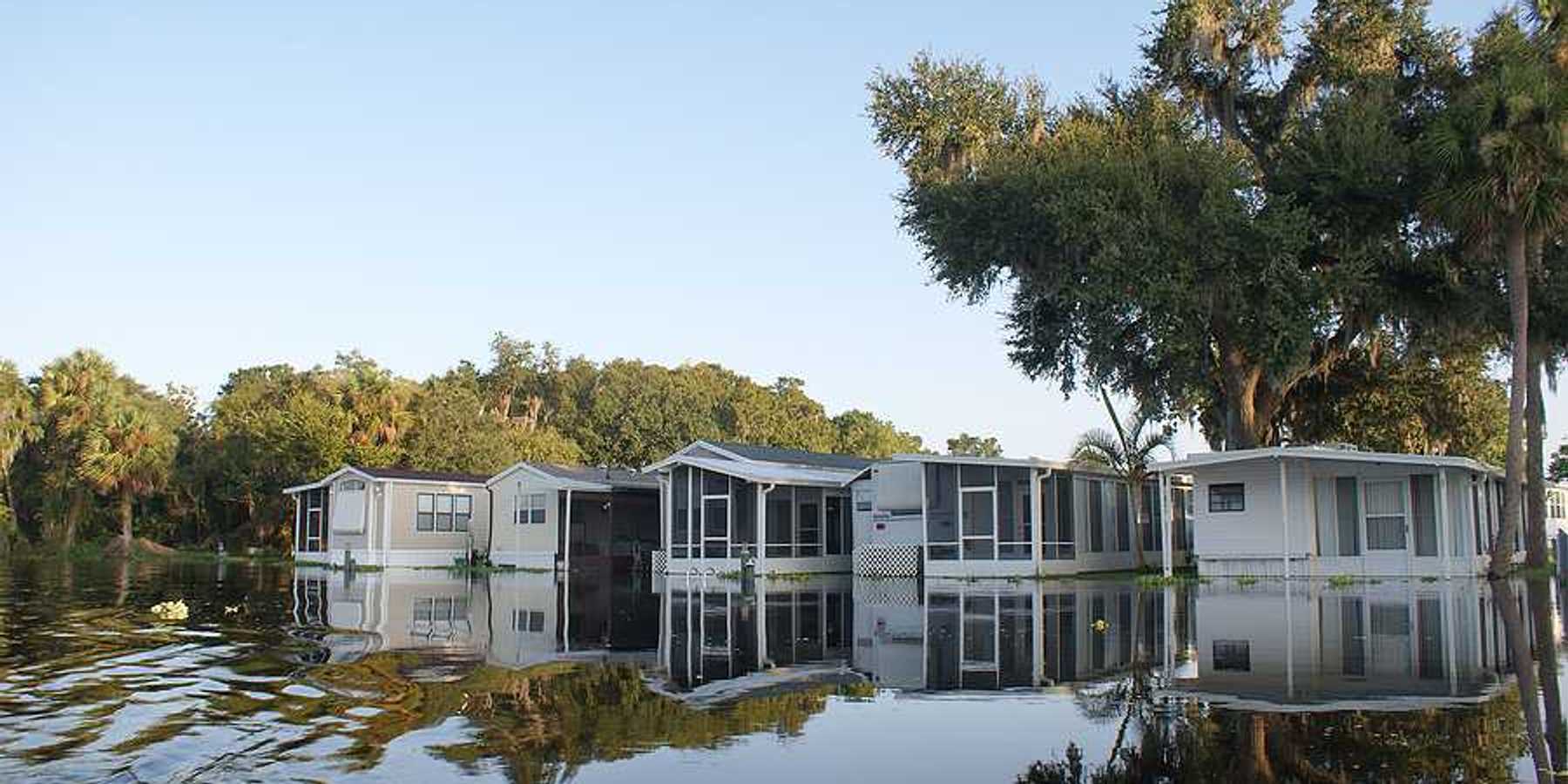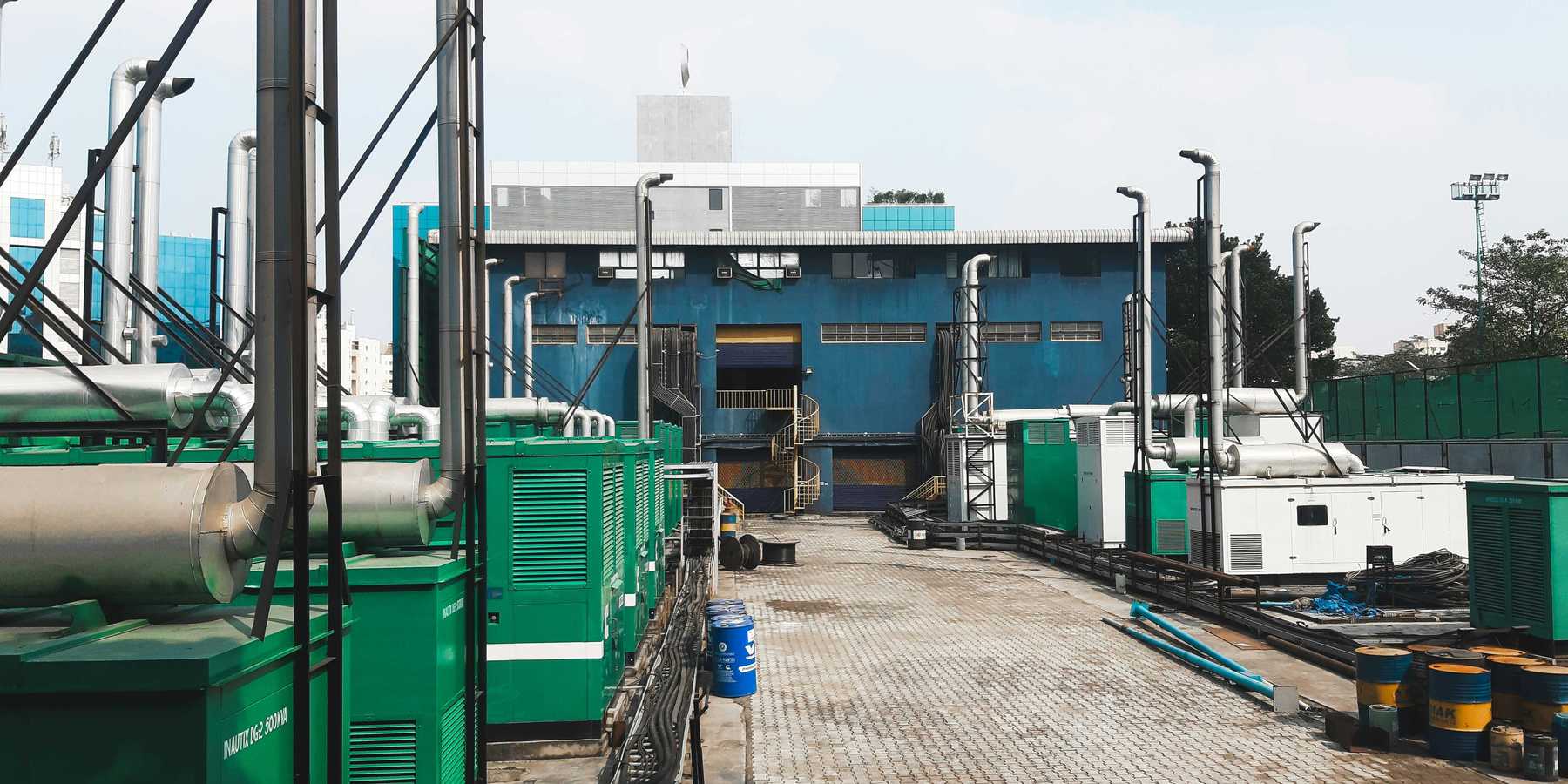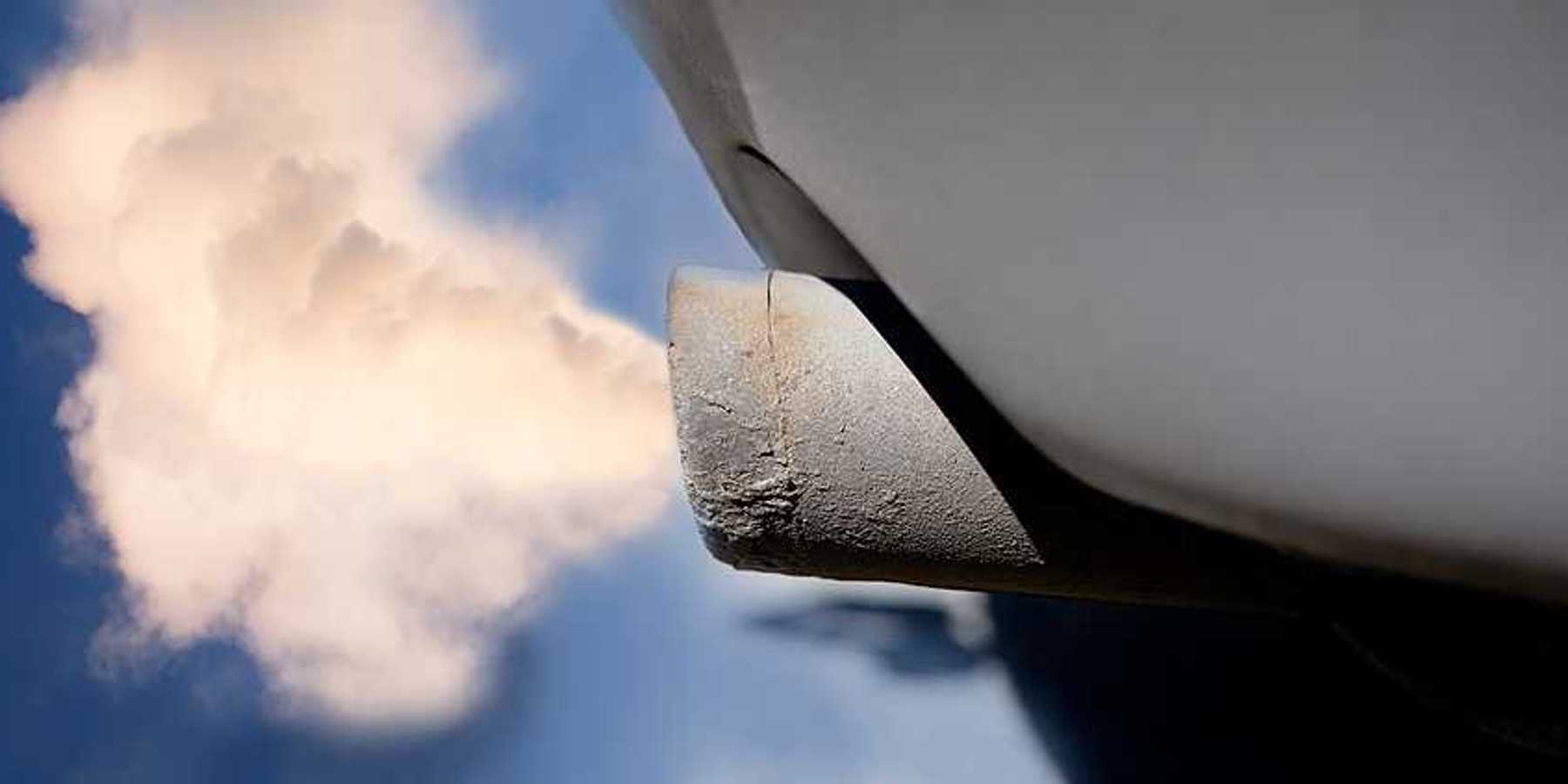Texas firms plan to release treated wastewater into the Pecos River
Texas companies are looking to discharge oilfield wastewater into the Pecos River watershed, raising environmental concerns.
Martha Pskowski and Dylan Baddour report for Inside Climate News.
In short:
- Texas is increasing permits for oilfield wastewater discharges due to concerns about earthquake risks from underground disposal.
- Environmentalists and scientists question the safety of this practice, noting the potential for pollution from toxic and radioactive substances in the water.
- The state is under pressure to develop new water quality standards that address the unique contaminants found in oilfield wastewater.
Key quote:
“Let’s make sure that, as they develop their plans, they keep the best interest of the river in mind and not just some nebulous idea that it’s a place to dump water anytime you want to.”
— Ira Yates, founder of Friends of the Pecos
Why this matters:
Discharging treated oilfield wastewater into rivers like the Pecos could impact water quality and ecosystem health, posing risks to wildlife and potentially human health. Health implications loom large for communities downstream who rely on the river for drinking water, recreation, and agriculture. There’s a palpable fear that despite the best treatment efforts, unknown risks may compromise the quality of life for those who have long depended on the purity of the river.
Learn more: After a decade of research, here’s what scientists know about the health impacts of fracking.


